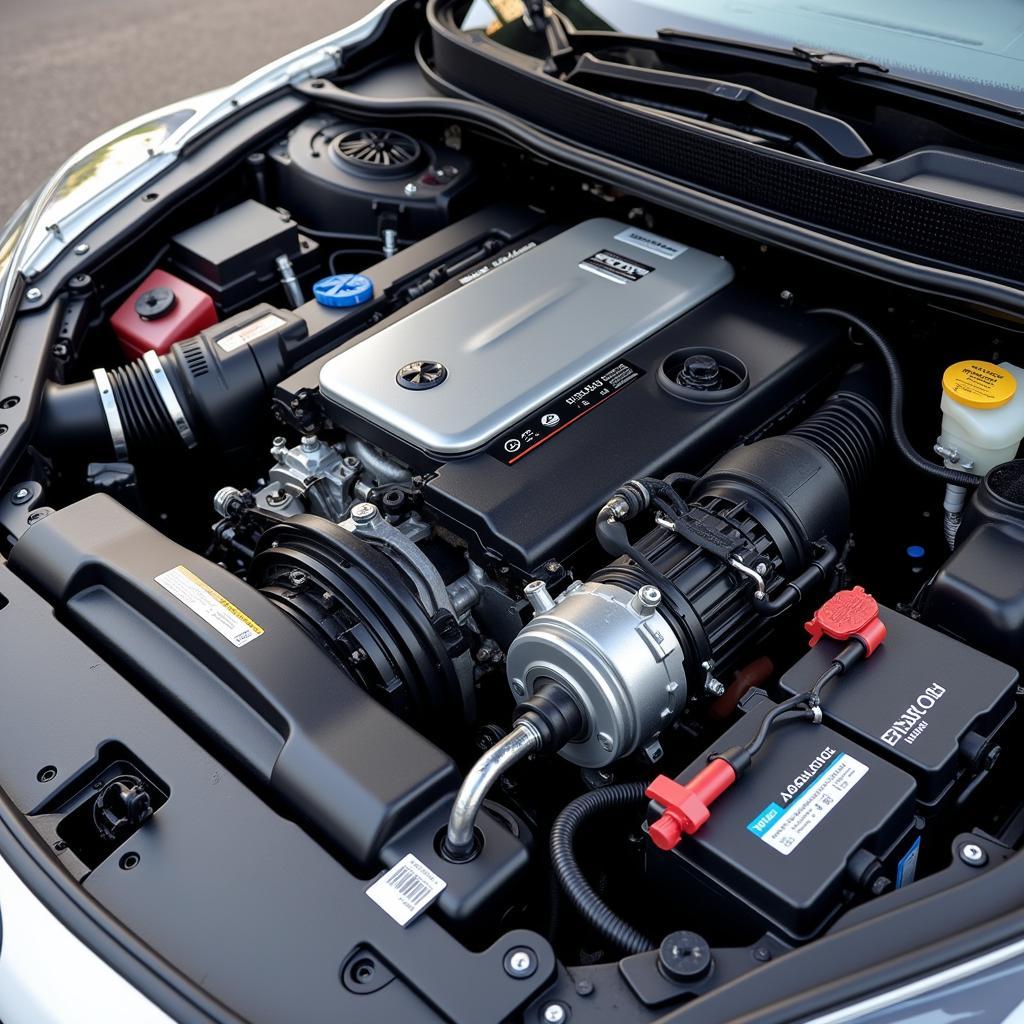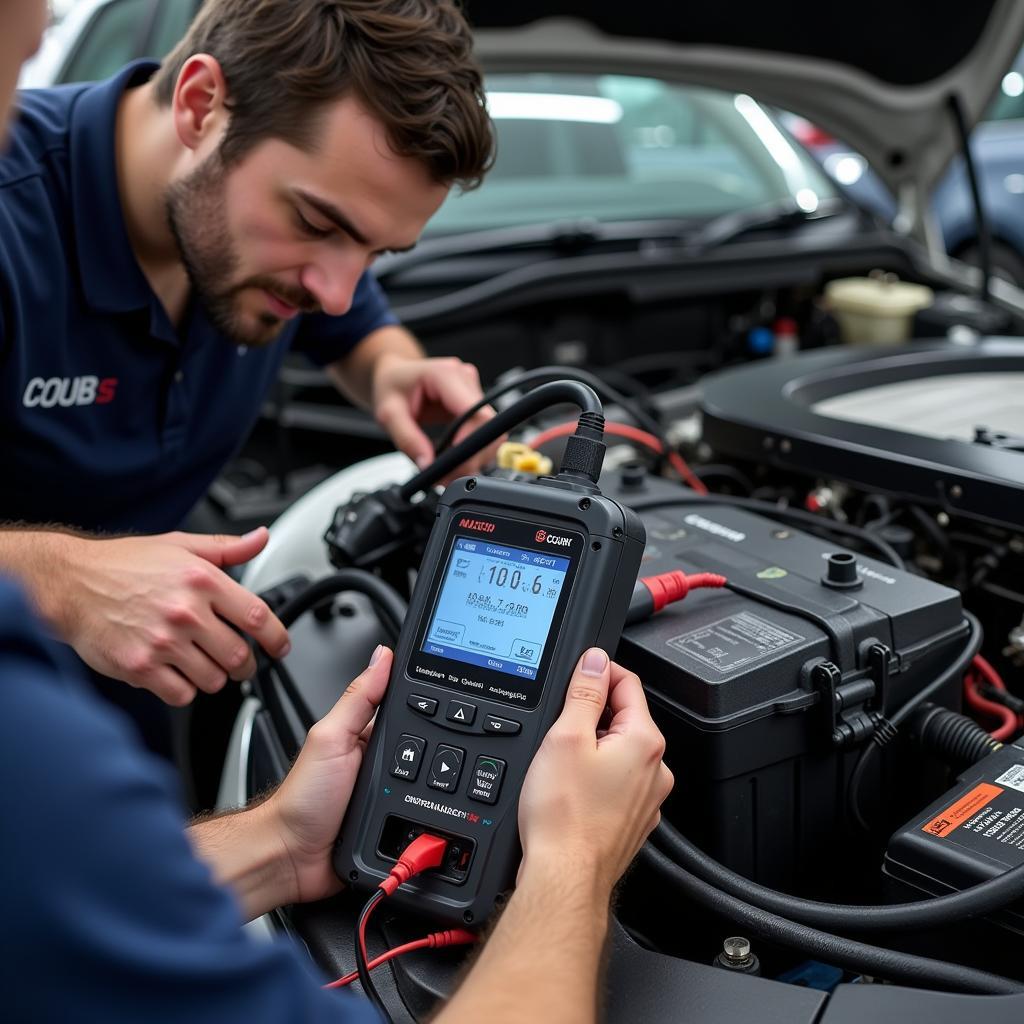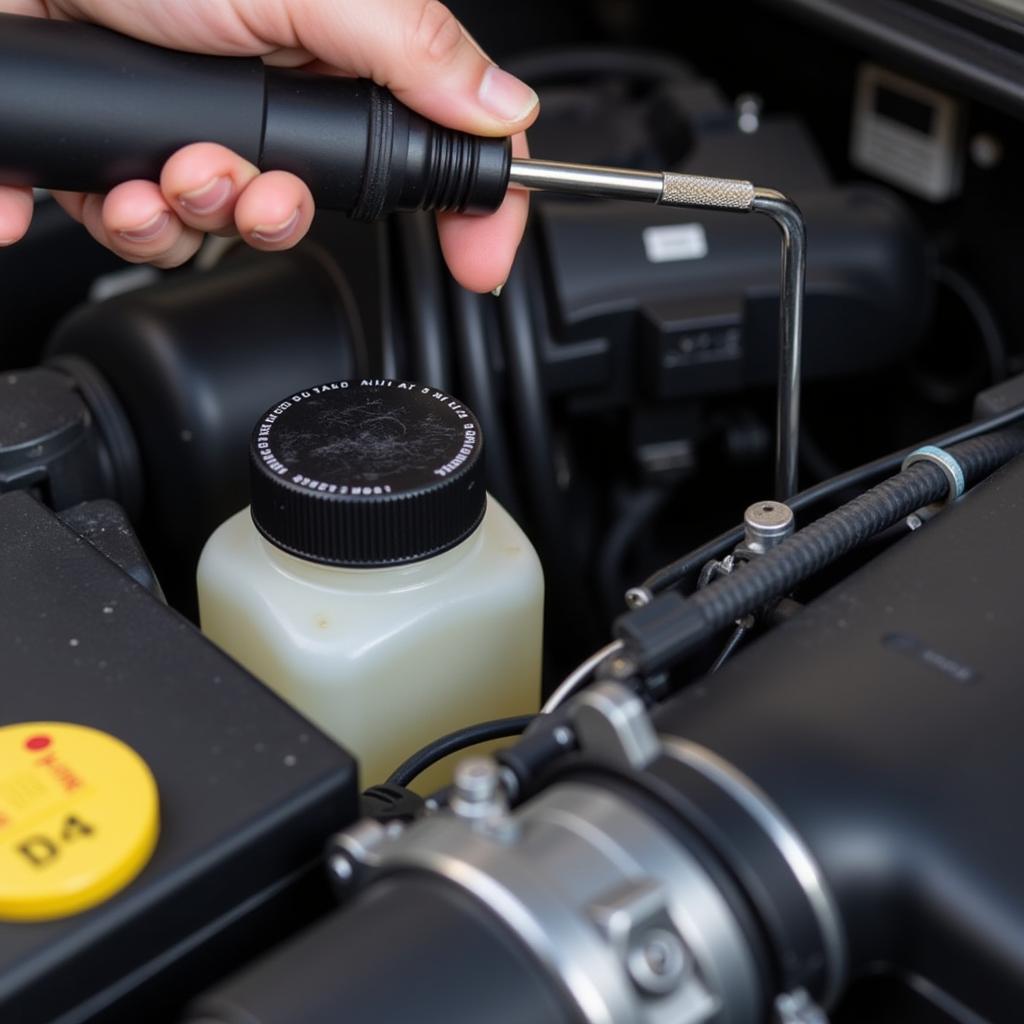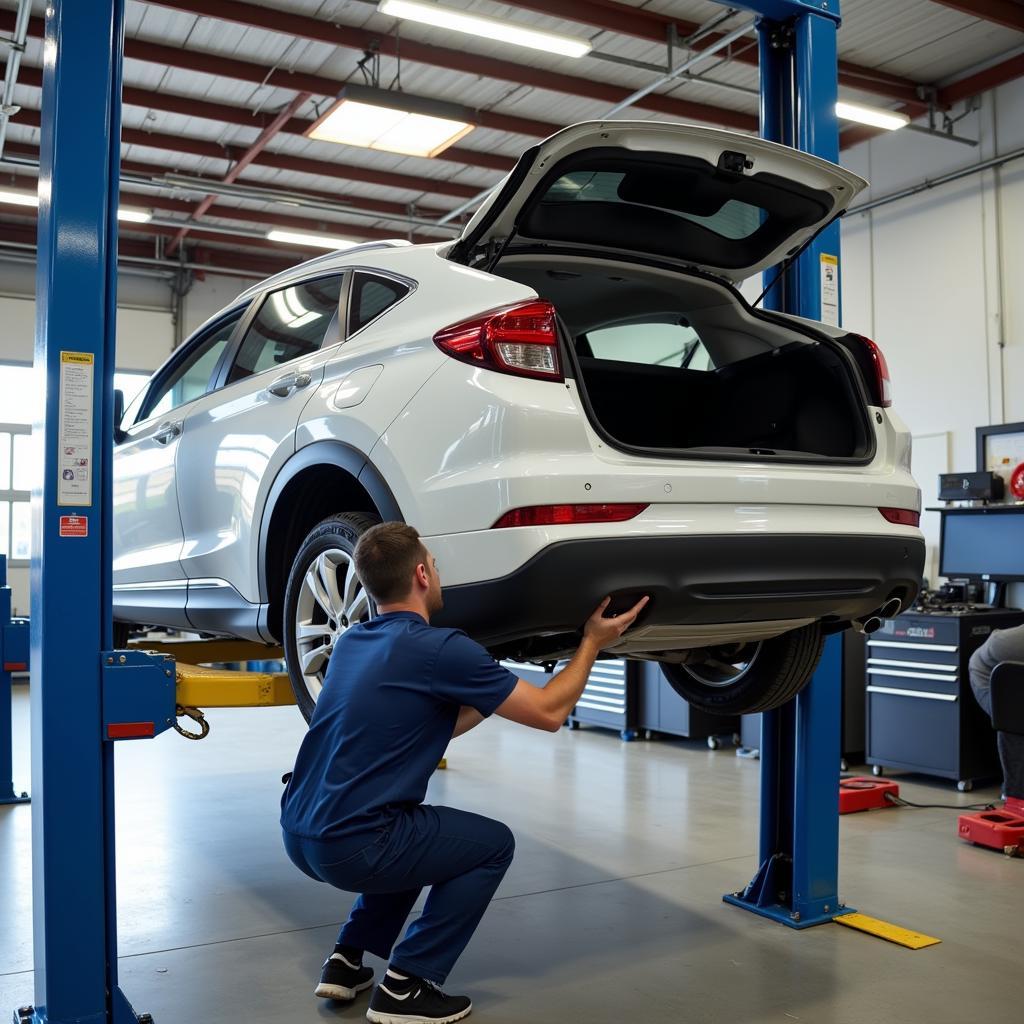Hybrid cars, combining the strengths of both gasoline and electric power, have become increasingly popular. But Do Hybrid Cars Need Special Maintenance? The answer isn’t a simple yes or no. While they share many maintenance requirements with conventional vehicles, there are some unique aspects to consider. Understanding these nuances will help you keep your hybrid running smoothly and efficiently for years to come. After owning a hybrid for a few years, you’ll understand how maintenance affects performance. Let’s dive in and explore the world of hybrid car maintenance.
A critical part of hybrid car ownership is understanding the maintenance schedule. Just like traditional gasoline cars, hybrids require regular oil changes, tire rotations, and brake inspections. However, the hybrid system introduces a few additional components that need attention. Knowing what these are and when they need servicing is crucial for optimal performance. For example, some manufacturers recommend checking the hybrid battery coolant level periodically. This is not something you’d typically find in a gasoline-powered car. For information on electric car motor preventative maintenance, see our detailed guide.
Understanding the Hybrid System and its Maintenance Needs
The core of a hybrid vehicle lies in its dual power system: the internal combustion engine (ICE) and the electric motor, powered by the hybrid battery. While the ICE requires traditional maintenance, the electric motor and battery have their own set of needs. The battery, often a large, high-voltage unit, is a key component requiring specific care. Unlike a conventional 12V battery, the hybrid battery pack is a sophisticated piece of technology. It’s designed to last for a long time, but regular checks and proper care are essential for maximizing its lifespan. Wondering about the cost of maintenance for a specific hybrid model? Check out our analysis of the Hyundai Ioniq Hybrid 2018 maintenance costs.
 Hybrid Car Engine Components
Hybrid Car Engine Components
Key Maintenance Areas for Hybrid Cars
Several key maintenance areas are specific to hybrid vehicles. The high-voltage battery, a central component, requires periodic checks to ensure optimal performance and longevity. The battery cooling system, crucial for maintaining ideal operating temperatures, also needs regular inspection. Additionally, the regenerative braking system, which helps recharge the battery during braking, may require different maintenance compared to traditional braking systems.
Hybrid Battery Maintenance
The hybrid battery is designed to last for many years, often exceeding the typical lifespan of a gasoline car. However, factors like extreme temperatures and driving habits can influence its longevity. Regular checks by a qualified technician can identify potential issues early on. “Maintaining your hybrid battery is like caring for your heart,” says John Davis, a seasoned automotive engineer. “Regular check-ups are vital for ensuring long-term health.”
 Hybrid Battery Inspection
Hybrid Battery Inspection
Braking System Maintenance
Hybrids often utilize regenerative braking, which helps recapture energy during deceleration and charges the battery. This can reduce wear on the traditional brake pads and rotors. However, it’s still essential to have the entire braking system inspected regularly, including the regenerative braking components.
Cooling System Maintenance
The hybrid battery and power electronics require a dedicated cooling system to maintain optimal operating temperatures. This system often uses a separate coolant loop from the engine cooling system. Regularly checking the coolant level and condition is crucial for preventing overheating and potential damage. Thinking about getting a new Toyota? See our article on Toyota’s new car 2-year free maintenance program.
 Hybrid Cooling System Check
Hybrid Cooling System Check
Is Hybrid Maintenance More Expensive?
While hybrid cars do have some specialized maintenance requirements, the overall cost is often comparable to or even less than maintaining a conventional gasoline car. The reduced wear on brakes due to regenerative braking and the long lifespan of the hybrid battery can contribute to lower long-term maintenance costs. Are you curious about general car maintenance costs? Check out our article on average car maintenance costs. For a broader perspective on annual car maintenance expenses, see our guide on the average annual maintenance cost of a car.
Conclusion
Do hybrid cars need special maintenance? Yes, in some aspects. However, this doesn’t necessarily translate to higher costs or more frequent visits to the mechanic. By understanding the unique maintenance needs of your hybrid and following the manufacturer’s recommended schedule, you can ensure optimal performance, efficiency, and longevity. “Think of hybrid maintenance as an investment in the future of your car,” advises Maria Sanchez, a leading hybrid technology expert. “Proper care ensures optimal performance and extends the life of your vehicle.” Don’t hesitate to connect with AutoTipPro at +1 (641) 206-8880 or visit our office at 500 N St Mary’s St, San Antonio, TX 78205, United States, for any assistance or further inquiries.
 Hybrid Car Regular Maintenance
Hybrid Car Regular Maintenance
FAQ
-
How often should I change the oil in my hybrid car? Follow the manufacturer’s recommended oil change intervals, typically every 5,000 to 7,500 miles.
-
Do hybrid batteries need to be replaced? Hybrid batteries are designed to last for a long time, often 10 years or more. However, they may eventually need replacement depending on usage and conditions.
-
Is it more expensive to maintain a hybrid car? Not necessarily. While some specialized components exist, overall maintenance costs can be comparable to or even lower than gasoline cars.
-
What is regenerative braking? Regenerative braking captures energy during deceleration and uses it to recharge the hybrid battery, reducing wear on the traditional brakes.
-
How can I maximize the lifespan of my hybrid battery? Avoid extreme temperatures, follow the manufacturer’s recommended maintenance schedule, and avoid frequently depleting the battery completely.
-
Do hybrid cars require special coolant? The hybrid system’s cooling system may use a different coolant than the engine. Consult your owner’s manual for the correct type.
-
Where can I find qualified technicians to service my hybrid car? Dealerships specializing in your hybrid’s make and model are often the best option, as they have the necessary training and equipment.




Leave a Reply